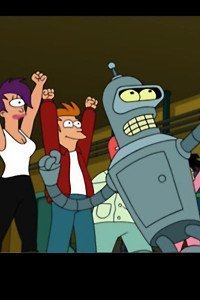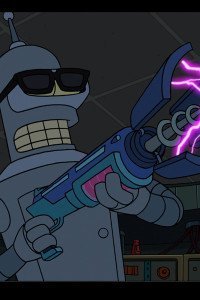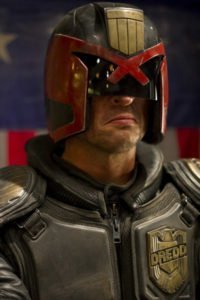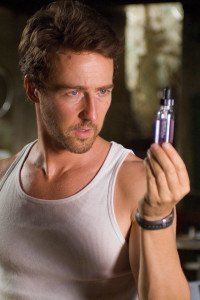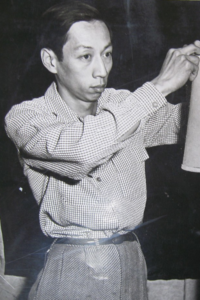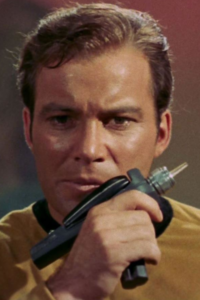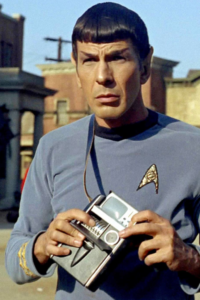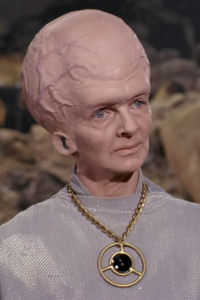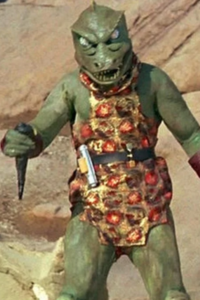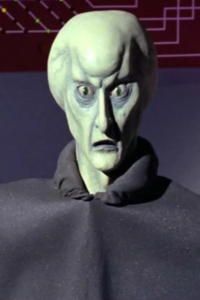District 9 Delivers Raw Action with a Conscience
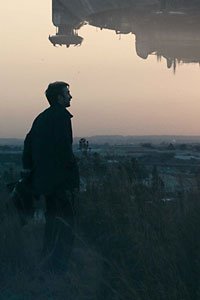
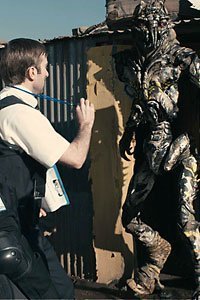
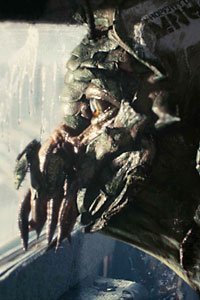
How can it be in a summer of vapid special-effects extravaganzas that the film with the most riveting, convincing visuals can so easily overshadow them with gut-wrenching social commentary and an engaging, nuanced performance by a novice leading man? There is no easy answer to this question, nor to the painfully-relevant questions of explosive racial prejudice and rampant corporate fascism raised by District 9.
The film establishes its alternate history in documentary fashion, explaining that a large, apparently unworkable spaceship appeared over Johannesburg twenty years ago, carrying over a million non-human inhabitants. Pressured by world opinion, the South African government settled the refuges just outside the city in an area that quickly became a sprawling, third-world slum.
Our story begins with the efforts of a large multinational corporation contracted to relocate the non-human guests to a new location farther away… by force, if necessary. The awkward, nerdy bureaucrat placed in charge of the operation, one Wikus van der Merwe, is superficially polite to his charges, but anything but sympathetic to their condition. When he becomes ill after exposing himself to an unknown chemical, Wikus’ world rapidly collapses around him, allowing him a unique insight into his employers intentions and the plight of their non-human guests.
While obviously inspired by South Africa’s period of racial segregation mandated and enforced by the apartheid government, District 9 sidesteps the common clichés with Sharlto Copley’s complex, conflicted performance as a cowardly middle-manager thrust into an existential crisis. By allowing us to understand — if not condone — the casual prejudices that grow from miscommunication, stereotypes and carefully crafted language, we may perhaps be slightly less inclined to fall into the same trap.
With equal parts inspiration from Alien Nation and Full Metal Jacket, director Neill Blomkamp delivers a solid science fiction adventure with an equally impressive emotional and physical impact. Only those looking for a romantic comedy have any reason to be disappointed by this masterful work.
Written by Jeff in August of 2009. Last edited September 2014.
 Blue Moon Rising
Blue Moon Rising